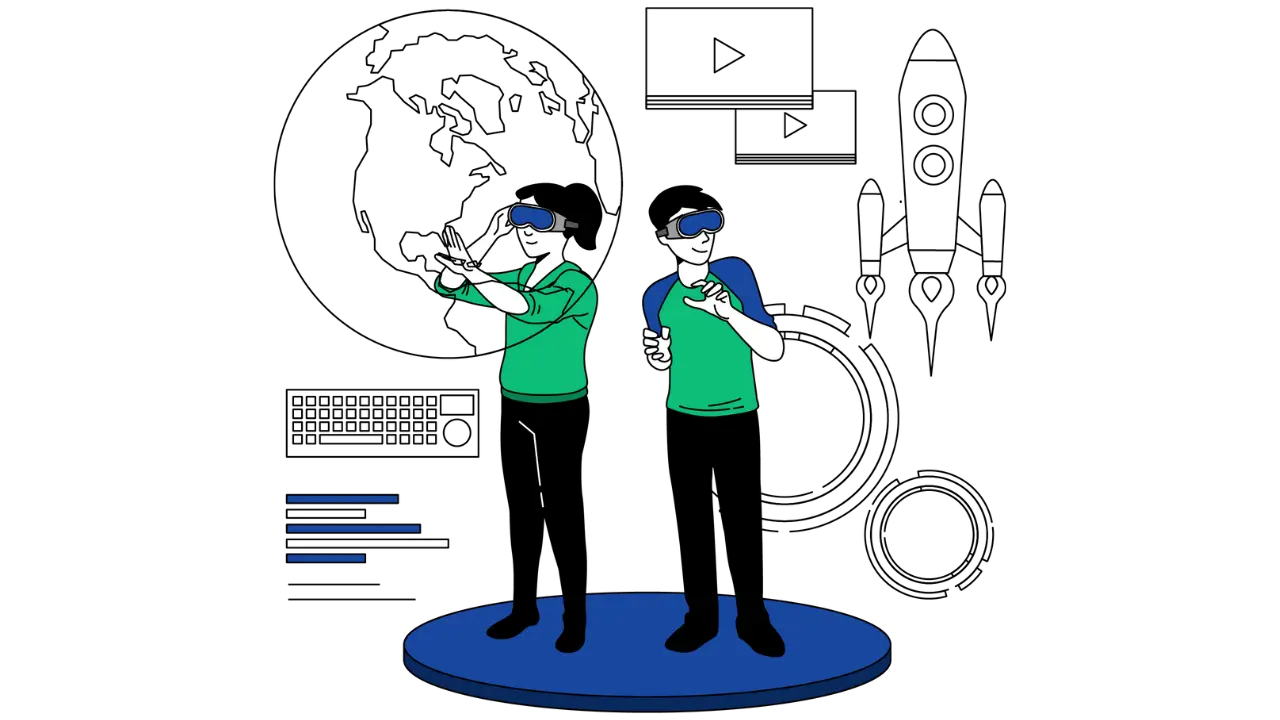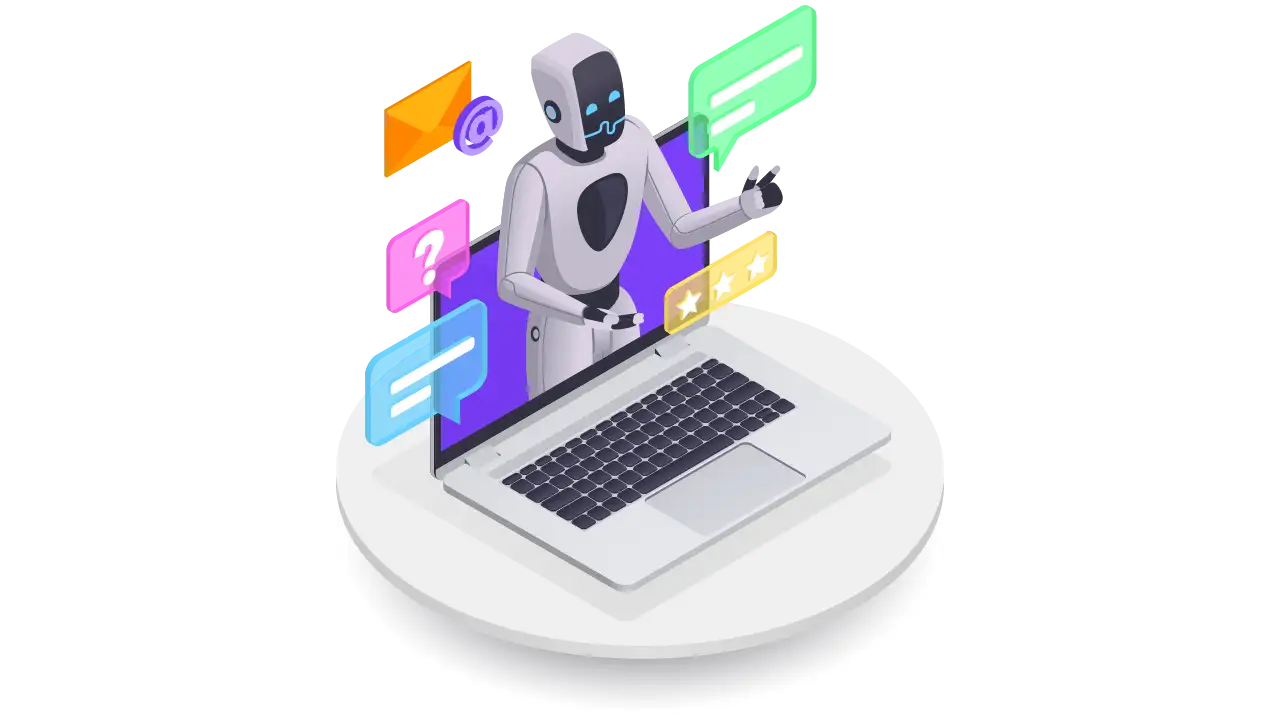


The concept of work has always evolved alongside technological and societal shifts. Yet, the pace of change today is unprecedented, fueled by digitization, automation, and changing workforce expectations. So, what does the future of work look like, and how can organizations and individuals prepare for this rapidly changing landscape?
At its core, the future of work involves understanding how technological advancements, global trends, and workforce expectations reshape the nature of work, the skills required, and the environments in which we operate. It’s about moving beyond traditional constructs of jobs and workplaces to adapt to a more flexible, hybrid, and dynamic future.
1. Workforce Transitions and Job Redefinitions
By 2030, one in 16 workers globally may need to switch occupations as roles evolve. High-skill sectors like healthcare and STEM will see significant growth, while automation and AI may reduce demand for routine tasks in middle- and low-skill jobs.
2. Accelerated Adoption of AI and Automation
The pandemic expedited the adoption of digital tools and automation across industries. From virtual meetings to AI-powered customer support, businesses now use technology to enhance productivity and reduce costs. These advancements, however, also challenge organizations to upskill workers and prepare for the shifting mix of tasks.
3. Hybrid and Remote Work
While remote work surged during the pandemic, its future depends on job types and organizational needs. Hybrid models, combining on-site and remote work, are likely to remain. Yet, certain roles—like healthcare, manufacturing, and retail—will continue to require on-site presence.
4. Skills as the New Currency
The demand for tech-savvy talent is rising, even in traditionally non-tech roles. Skills like adaptability, collaboration, and emotional intelligence are becoming as critical as technical expertise. Organizations must focus on real-time skills assessments and strategic reskilling to stay competitive.
Human Resources, once seen as a purely administrative function, is now central to business strategy. CHROs are leveraging digital tools to automate routine tasks, gain insights into workforce dynamics, and foster agile, purpose-driven workplaces.
Key areas of focus for HR in the future include:
Also Read : The Future of Work Is Now: 5 Trends CXOs Must Address in 2025
Businesses must prioritize adaptability, embrace technology, and foster a culture of lifelong learning. Real-time visibility into workforce skills, strategic investment in employee development, and innovative workplace models will be critical for success.
Professionals must embrace flexibility and view career paths as non-linear journeys. Focusing on building transferable skills, staying curious, and being open to reskilling opportunities will be essential in navigating this new world of work.
The future of work is not about fearing change but embracing it. Organizations that prioritize innovation and people-centric strategies will thrive in this evolving landscape. Meanwhile, individuals who adapt and grow alongside these shifts will find exciting opportunities to redefine success.
As we move forward, the challenge is clear: to build a future of work where technology empowers people, workplaces inspire productivity, and careers are defined by purpose and potential. Together, we can shape this future—one skill, one task, and one transformation at a time.

Organizations operating in distributed, high-volume, or high-variability environments, such as HR shared services...

As the digital landscape evolves, data-powered organizations are gaining a competitive edge. Data has become the new currency...

The world of work is evolving at an unprecedented pace, and outplacement and workforce transition consulting...

The workplace is rapidly evolving at an unprecedented pace. As organizations navigate a landscape increasingly influenced by artificial intelligence...

Artificial Intelligence (AI) isn’t just some sci-fi fantasy anymore—it’s really changing the way companies work today...

In today’s fast-paced business world, People Analytics is reshaping the way organizations attract, engage, and retain talent...